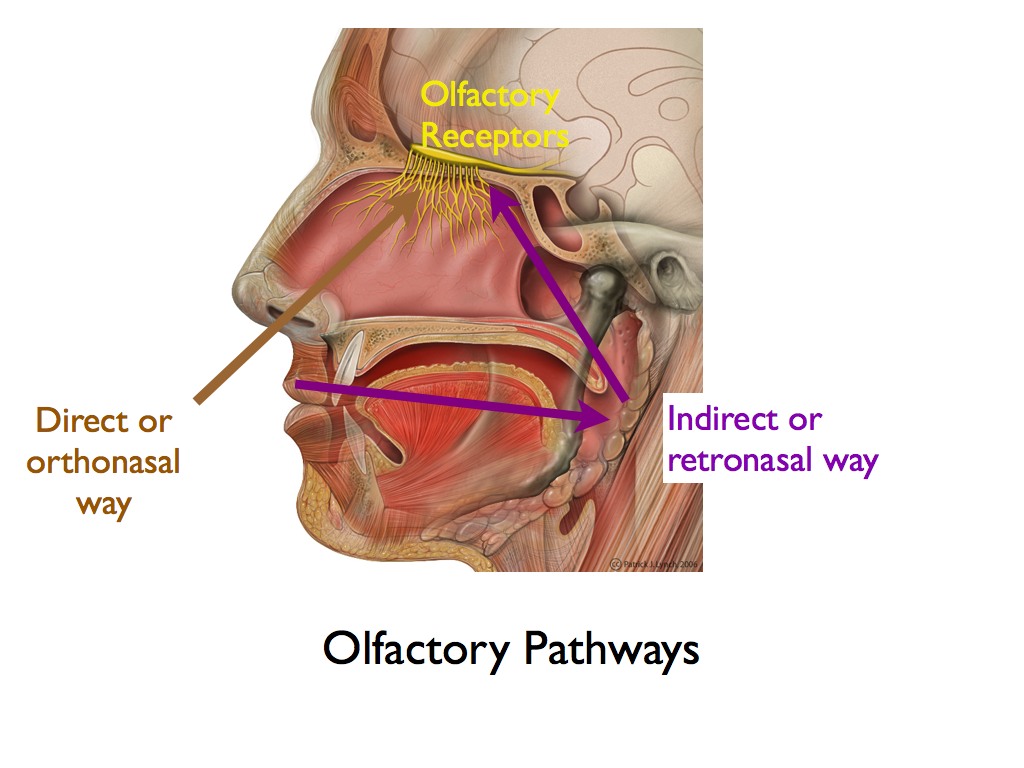Does our ability to smell improve with aging?

Our ability to smell is critical when we practice wine tasting; indeed, the majority of sensations we experience are through the nose, i.e., the sense of olfaction. Is this indispensable ability declining with age, as it happens for our visual or hearing acuities?
Would not it be nice if our ability to smell improved with aging as the "vins de garde" do?

A new study brings hope to our ability to smell while aging
Several readers have shared their concerns to notice a sort of decline in their smell perceptions as they age. They contacted me to understand how they could bring back the skills they had younger when tasting wine.
Like many parts of our body, our ability to smell and taste changes as we age. Fortunately, our smell and taste cells can regenerate every 7-10 days and during our lifespan. Other factors, such as illnesses and medications, can affect our ability to smell. This realization came under the spotlight last spring when the temporary loss of smell joined the list of the symptoms induced by a COVID19 infection.
Some uplifting news has been released in December 2020, stating that "wine appreciation improves as a person gets older." [1] Let's see what this study tells us [2].
Effect of age on the ability to smell wine aroma after swallowing a glass of wine
Researchers from the Spanish Research Council's Institute of Food Science and Research in Madrid conducted this study. They wanted to determine if the ability to perceive aroma through the retronasal pathway differed between young wine tasters (18-35 y.o.) and a group of tasters older than 55 y.o.
The Spanish researchers specifically questioned the role of saliva, its flow, and composition on this ability.

What is the retro-nasal pathway?
At the top of your nostrils resides the olfaction center; the olfactory cells can detect the odors and scents.
We can smell in two ways, as illustrated in this figure.
The majority of what we perceive when tasting wine is through olfaction.
The most volatile aromas get detected directly by smelling a glass of wine. Heavier molecules, however, need the action of temperature and saliva in the mouth to get airborne.
How researchers addressed this question
Study participants
All participants stated they were healthy and had no apparent anosmia, i.e., inability to smell specific aromas.
The wine
The wine was a 2014 commercial red wine made of 84% Tempranillo, 5% Mazuelo, and 2% Garnacha. This wine had distinct notes of black pepper and smoke.
The sensory task
The task to address the researchers' questions was the following:
- To taste a glass of red wine and rate the intensity of two aromas, peppery and smoky, after swallowing the wine.
The sensory training
Participants took part in six training sessions to learn to identify the two aromas correctly. The researchers created aroma standards by adding black pepper in a base wine and smoked salt in base wine.
Participants learned to distinguish each scent by smelling a control wine and the aroma standard. Training also included using the measurement system to assess the intensity of the wine as a function of time, a.k.a. time-intensity measurements.

The sensory test
One hour before the test sessions, researchers collected saliva samples from each participant. They had to chew a piece of Parafilm ™ and spit their saliva in a sterile tube. Researchers calculated the saliva flow rate and analyzed the saliva composition. These two parameters have been shown to evolve with aging.
During the test session, participants had to take a sip of the red wine and swirl the wine in the mouth and expectorate. Then, they started to measure the intensity of the peppery and smoky aroma as a function of time.
The findings
Results showed that the older participants rated the two aromas' intensity stronger and found them lingering in the mouth longer than did the younger participants.
Researchers explained these results by the lower saliva flow exhibited by the older participants. Having less saliva produced during the measurements may have limited the dilution of aromas and therefore allowed the ability to smell stronger aromatic sensations.
Is this good news?
It is for our wine aroma enjoyment. However, a low saliva flow enhances the perception of astringency of tannic wines, and other feelings in the mouth, that a low flow of saliva cannot flush away quickly enough.
Keeping sharp the ability to smell helps our ability to appreciate wine aroma and detect possible early ailments. Indeed, with aging comes the susceptibility to neurological diseases, such as Alzheimer's, or the need to take medications to control chronic illnesses, all leading to possible smell impairment.
How to keep training your ability to smell?

It's easy and doesn't require
sophisticated equipment.
- Open your spice cabinet, and take two vials randomly. Close your eyes and smell each vial and identify the dominant aromas.
- Before eating your meal, smell and identify the dominant aromas you perceive.
- Before drinking a beverage, smell and identify the dominant aromas you perceive.
Consider the two-step training to recover your sense of smell after a temporary loss.
References
[1] Wine Appreciation Also Improves As A Person Gets Older | Science Times
[2] Celia Criado, Carolina Muñoz-González, María Ángeles Pozo-Bayón, Differences in salivary flow and composition between age groups are correlated to dynamic retronasal aroma perception during wine consumption, Food Quality and Preference, Volume 87, 2021, 104046,





New! Comments
Have your say about what you just read! Leave me a comment in the box below.